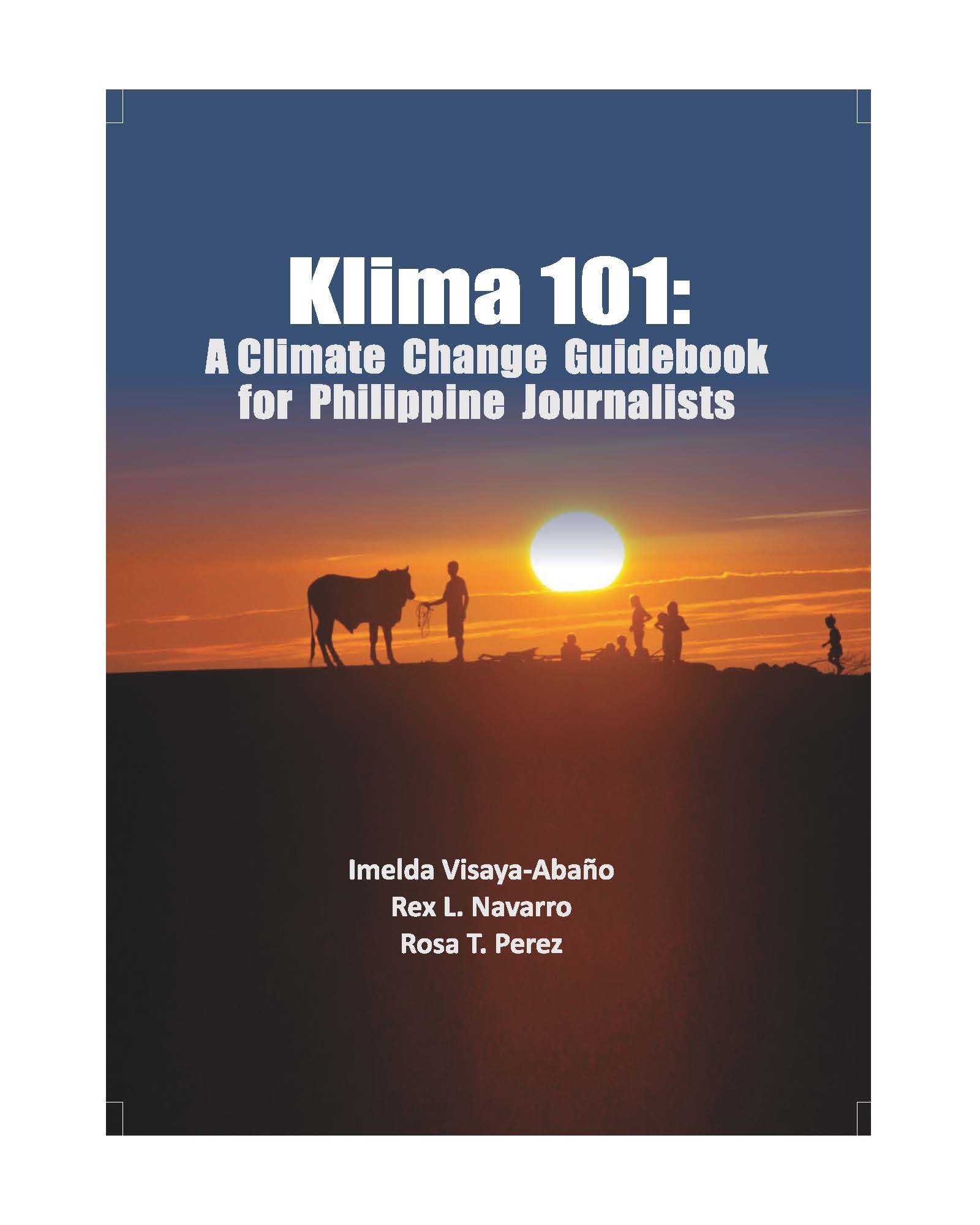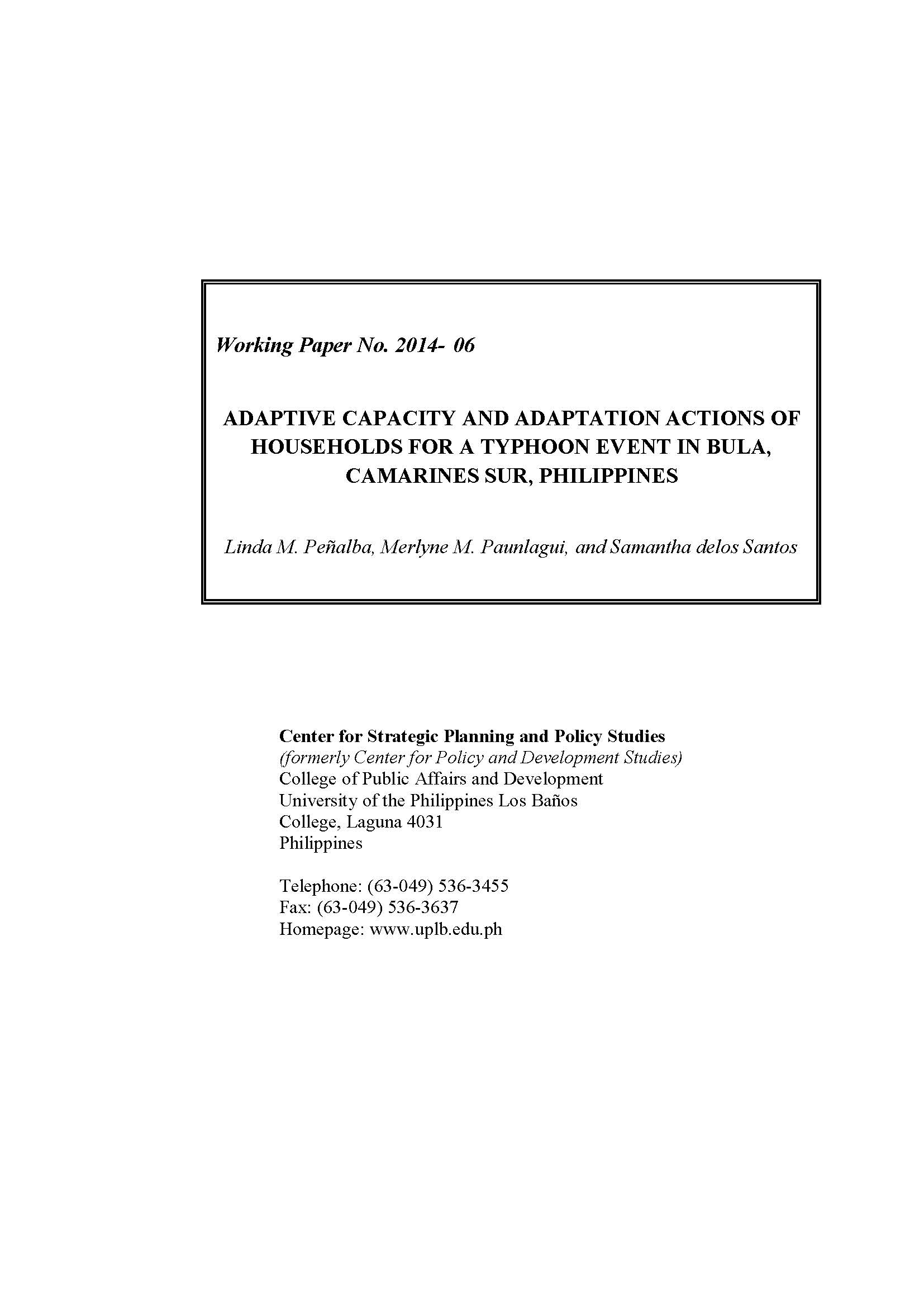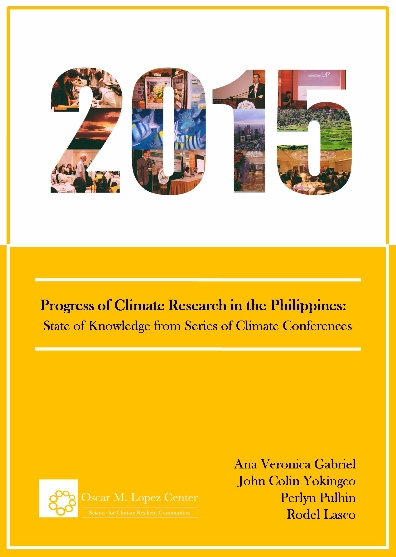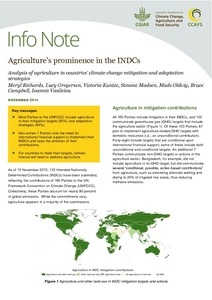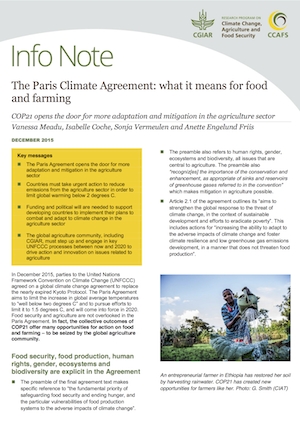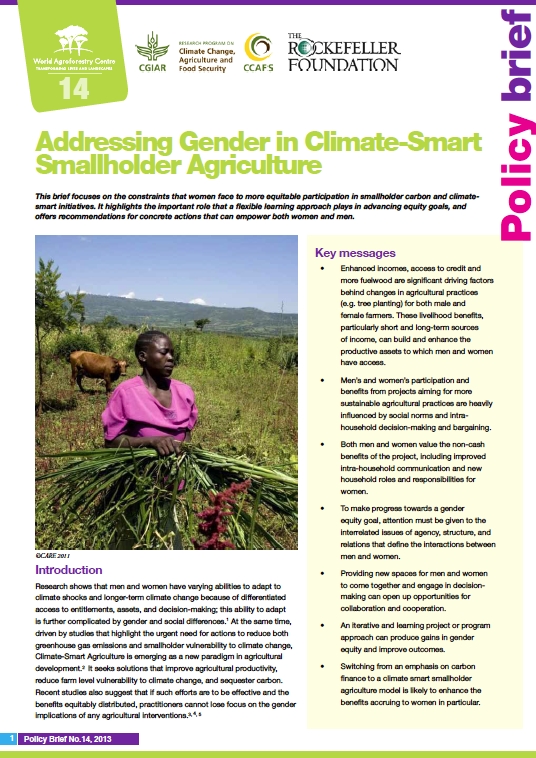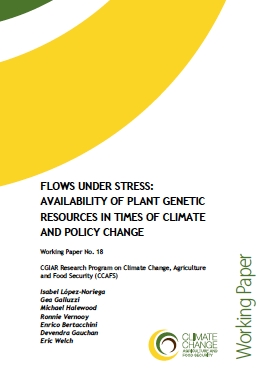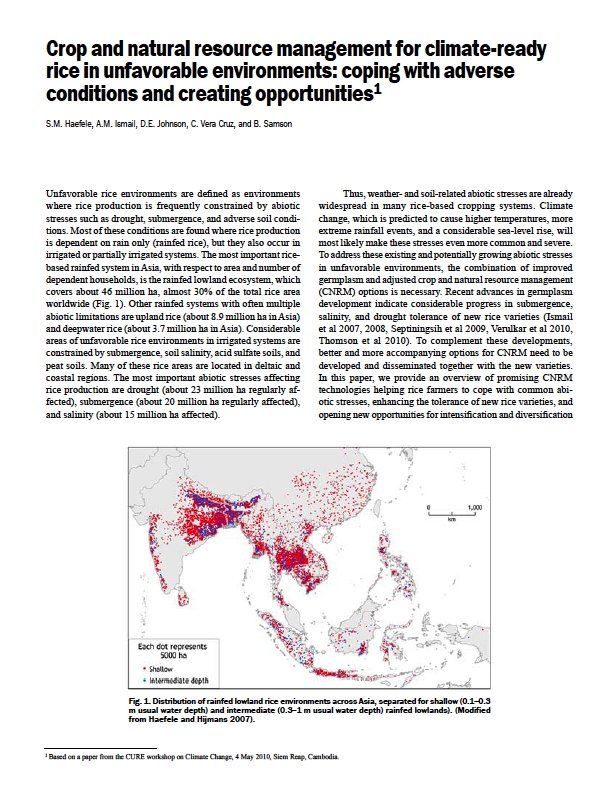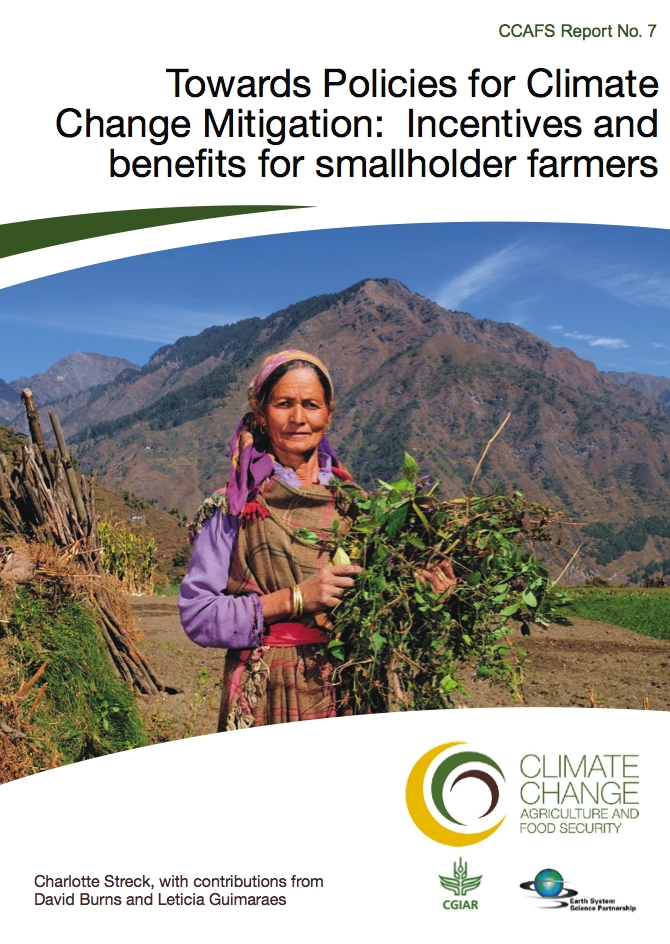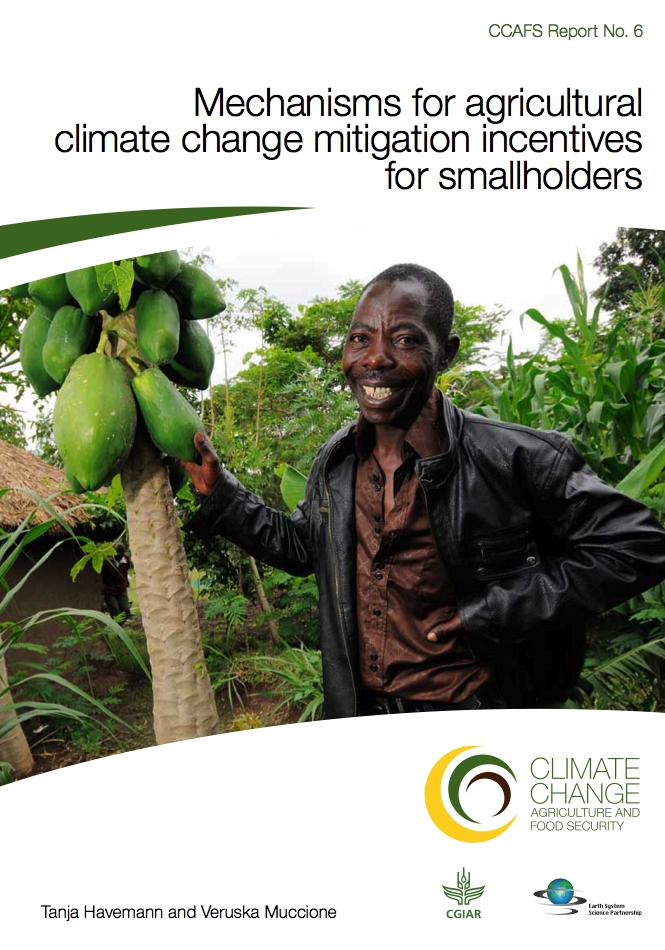Partners' Publications
Klima 101: A Climate Change Guidebook for Philippine Journalists aims to help journalists and editors, including journalism teachers and trainers, to navigate and understand scientific issues better. It hopes to provide a clear idea of the nature of climate change, what types of data and information journalists need to write or produce a story (particularly on the impact of climate change on agriculture and food security), how to report climate issues effectively, and how to influence decision-making in the process, as…
Climate change poses serious challenges to institutions and households in the Philippines. Thus, it is important to determine its impacts on households and the corresponding adaptation actions of government, men, and women to determine gender-sensitive measures that can enhance resilience and adaptive capacity of affected sectors. This research work was done in Bula, Camarines Sur. Gender-disaggregated data collected through interview and focus group discussion with husbands and wives were used to determine the impact of Typhoon Nock-ten, the household’s response…
It is evident that the Philippines is bearing the brunt of climate change, making it crucial to adapt at a pace comparable with the increasing impacts of the changing climate. Recognizing the value of research and science in drawing long-term and sustainable solutions to climate change issues, the National Academy of Science and Technology (NAST) - Philippines holds an annual national climate conference to discuss the climate knowledge in the country and determine the gaps in climate-related research and policies.…
Analysis of agriculture in countries’ climate change mitigation and adaptation strategies finds: Most Parties to the UNFCCC include agriculture in their mitigation targets (80%) and adaptation strategies (64%); Non-annex 1 Parties note the need for international financial support to implement their INDCs and raise the ambition of their contributions; For countries to meet their targets, climate finance will need to address agriculture.
After two weeks of negotiations, nearly 200 nations have finally agreed on a global climate change agreement to replace the nearly expired Kyoto Protocol. The Paris Agreement – which aims to limit the increase in global average temperatures to “well below two degrees C” and to pursue efforts to limit it to 1.5 degrees C – will come into force in 2020, and has already been hailed as historic and ambitious by many world leaders. Though agriculture is not mentioned by name,…
ICRAF Policy Brief 14 presents experience from the Sustainable Agriculture in a Changing Climate (SACC) project carried out in Western Kenya, a joint partnership of CARE, ICRAF and the Climate Change Agriculture and Food Security (CCAFS) Program of the Consultative Group on International Agricultural Research (CGIAR). It underscores the importance of social norms and intra-household decision making in influencing whether and how women are able to participate in, and benefit from, sustainable agriculture. The brief cautions practitioners from working with…
Considering the importance of genetic diversity to successful agricultural adaptation, the Climate Change, Agriculture and Food Security Program (CCAFS) has released a working paper that outlines the experience of eight centres of the Consultative Group on International Agricultural Research (CGIAR) with reorganizing their activities to work on climate change adaptation. The report examines how the collection, use, and distribution of plant genetic resources by CGIAR centers are influenced by international and national policies. It concludes that climate change has not…
Unfavorable rice environments are defined as environments where rice production is frequently constrained by abiotic stresses such as drought, submergence, and adverse soil conditions. Most of these conditions are found where rice production is dependent on rain only (rainfed rice), but they also occur in irrigated or partially irrigated systems...
For a long time, agriculture has been neglected by climate negotiators and policymakers in charge of defining national climate policies. This is changing, and the links between climate change and agriculture have become more obvious over the last years. Climate finance provides an opportunity to facilitate the adoption of agricultural practices that support climate mitigation and adaptation. This report presents a number of policies and interventions aimed at harnessing climate finance potential to support a transition to more sustainable agriculture for the benefit of several barriers impeding smallholder…
Smallholders have important roles to play in both the prevention of dangerous climate change by reducing net global Greenhouse Gas (GHG) emissions and our global ability to adapt to climate change. However, smallholders have largely failed to benefit from international financial mechanisms established as a result of the United Nations Framework Convention on Climate Change (UNFCCC). We propose that this is due to the design of these mechanisms, which in their current formats are largely inaccessible to smallholder groups. The purpose of this paper, which draws on literature and interviews,…

